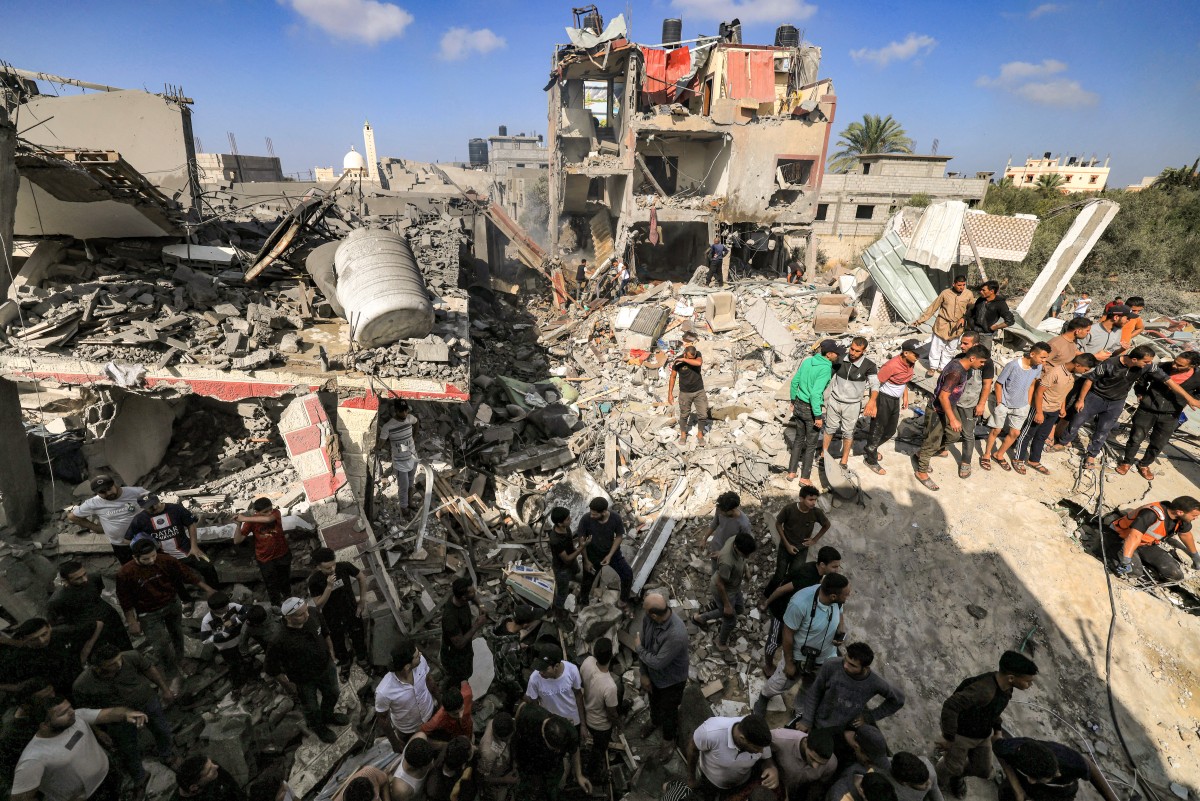Tokyo, Japan – G7 foreign ministers said Wednesday that they supported “humanitarian pauses and corridors” in the Israel-Hamas war but refrained from calling for a ceasefire.
“We stress the need for urgent action to address the deteriorating humanitarian crisis in Gaza… we support humanitarian pauses and corridors to facilitate urgently needed assistance, civilian movement, and the release of hostages,” the ministers said in a joint statement after talks in Japan.
The statement also said the ministers “emphasize Israel’s right to defend itself and its people in accordance with international law as it seeks to prevent a recurrence” of the Hamas attacks on Israel on October 7.
Also Read Exclusive reports on Gaza-related developments
It added: “We call on Iran to refrain from providing support for Hamas and taking further actions that destabilize the Middle East, including support for Lebanese Hezbollah and other non-state actors, and to use its influence with those groups to de-escalate regional tensions.”
The Israeli military has relentlessly bombarded Gaza since October 7, when Hamas members launched an attack that left 1,400 dead in Israel, most of them civilians, according to Israeli authorities.
Gaza’s health ministry says the death toll in the enclave has surpassed 10,300 people.
Israeli Prime Minister Benjamin Netanyahu said Monday there would be no fuel delivered to Gaza and no ceasefire unless more than 240 hostages seized by Hamas were freed.
He also said Israel would assume “overall security” in Gaza after the war ended, while allowing for possible “tactical pauses” before then to free captives and deliver aid to the besieged territory.
Washington said Tuesday it opposed a new long-term occupation of Gaza by Israel, a stance reiterated by Secretary of State Antony Blinken in Tokyo.
Key elements for lasting peace and security “should include no forcible displacement of Palestinians from Gaza, not now, not after the war; no use of Gaza as a platform for terrorism or other violent attacks; no reoccupation of Gaza after the conflict ends,” Blinken told reporters on Wednesday before departing for South Korea.

